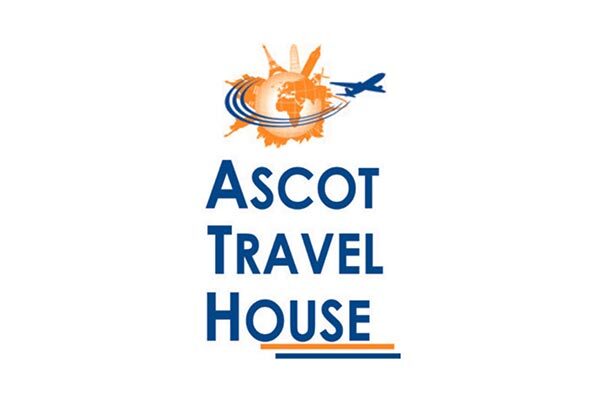Understanding legal terminology
 TTG Staff
TTG StaffLegal terminology can be tricky to understand. Susan Deer, senior solicitor at Abta, provides a handy guide to important legal terms used in litigation claims.
Any travel agent or tour operator can find themselves subject to a claim by a customer.
The claim could be for a number of reasons: injury or sickness, breach of contract matters such as building works, quality of the food at a hotel, or a problem with a transfer not turning up.
There is a lot of technical language and jargon with litigation claims, so Abta has published a guide for members to help them understand the terms.
Here are some of the most common phrases you may come across, which are often confused and misunderstood.
Useful terms
Causation: One thing being done causing something else to happen – the claimant must prove the breach (of contract or of duty) caused damage or loss.
How it’s relevant: If claiming for sickness on holiday, for example, the customer would need to prove the food was infected and it was that which caused the illness.
Contributory negligence: Partial responsibility of the claimant for the injury for which he or she claims.
How it’s relevant: In this instance, a travel company may only be partly responsible for the person’s injury, so this would be reflected in the size of the payment the person receives. For example, if a person makes a claim for injury, following a road traffic accident in which they had failed to wear their seatbelt, the travel company may only be partly responsible.
Without prejudice: Negotiations with a view to settlement are usually conducted “without prejudice”, which means the circumstances in which the content of those negotiations may be revealed to the court are very restricted.
How it’s relevant: This term is often misused – businesses sometimes add it to all correspondence about a claim believing the contents can’t be revealed in court. But that’s not the case for all correspondence – only those where the content is a genuine attempt to settle the claim.
Disclosure: Parties to a dispute must exchange documents relevant to the claim.
How it’s relevant: While the meaning of this is quite simple – any relevant documentation relating to the case must be disclosed – it’s important that travel companies understand what this means in practice and conduct business with this in mind, including making staff aware. Records such as incident logs would be a relevant document, and even email exchanges could be used in a case.
Litigant in person (LIP): An individual involved in a claim who does not have a legal representative, so represents themselves in court proceedings.
How it’s relevant: Travel businesses need to be aware of the potential impact of this – someone representing him or herself is unlikely to be familiar with the court systems, which creates plenty of room for confusion, and processes may not be followed as they should.
Systems and processes
Small claims track:
A court procedure for dealing with straightforward and relatively low-value claims (no more than £10,000, or up to £1,000 in the case of personal injury claims). This is a simplified, less formal procedure for making claims and costs are limited.
Money claim online (MCOL): An internet-based service that provides a relatively simple, convenient and secure way of making or responding to a claim for a fixed sum of money. A customer could use this service to issue a claim against a travel agent or tour operator.
Pre-action protocols: Steps to be followed by the parties to a dispute prior to legal action. The aim is to increase co-operation between parties, which may lead to early settlement. Simply put, these are the court rules that need to be followed – essentially your “to do” list.
Types of damages
Damages are the money claimed as compensation for loss or injury, but there are different types and a claim could include one or a number of them.
General: These are awarded to compensate for losses that cannot be calculated as a straightforward financial value, for example, claiming for pain and suffering.
Special: This compensates quantifiable monetary losses, such as loss of earnings due to medical treatment.
Loss of enjoyment: Damages claimed for detrimental effect on the holiday caused by the incident, which is the subject of the claim, where the customer has been left disappointed or distressed.
HELP AT HAND
Abta members can download a free copy of the guidance from the Member Zone at abta.com
Do your latin homework
The legal world likes a bit of Latin, and if you are not well versed in all the different phrases you’ll encounter, it’s easy to get confused. Here’s a list of some of the more important terms to be aware of:
Ex-gratia: This describes something done or given as a favour, rather than a legal obligation. For example, it is where a travel company may act outside of their strict obligations for the benefit of their customer, such as offering a voucher as a gesture of goodwill.
Ex-parte: This is an action undertaken by one side only in a case (also known as “without notice”). For example, where one party makes a court application without notifying the other party.
Res ipsa loquitur: This indicates that proof is not needed in a particular case because the facts of the matter speak for themselves. For example, a customer falls down an open manhole, and a hotel staff member is standing next to the manhole with the cover in their hand.













